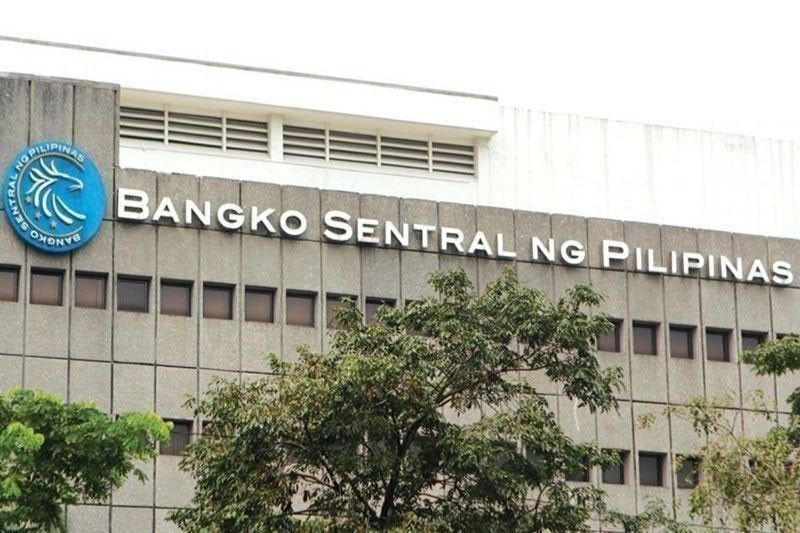BSP vows to lessen impact of COVID-19 scars

MANILA, Philippines — Monetary authorities want to make sure the scarring caused by COVID-19 on the economy would not be as deep and wide as expected.
Bangko Sentral ng Pilipinas (BSP) Governor Benjamin Diokno said in an economic forum yesterday that the revival of the economy from the pandemic- induced recession would be gradual, uneven and arduous.
“Yet, keeping the balance between growth and inflation remains the overarching goal of our policy actions, especially as we work to ensure that economic scarring from the COVID-19 crisis will not be as deep and wide as expected,” he said.
The Philippines slumped into recession with a record 9.5 percent gross domestic product (GDP) contraction last year, ending more than two decades of economic growth.
“The contraction in 2020 could have easily hit double-digit levels had the Philippine economy entered the crisis in a weak position,” Diokno said.
However, he said the country’s macroeconomic fundamentals remained broadly intact as the GDP contraction eased to 11.4 percent in the third quarter and further to 8.3 percent in the fourth quarter from the record 16.9 percent in the second quarter as the economy partially reopened when the National Capital Region (NCR) shifted to general community quarantine starting June.
“This is expected to continue in the succeeding quarters of 2021 with the calibrated reopening of businesses and mass transportation, the relaxation of age group restrictions, and the planned rollout of COVID-19 vaccines,” Diokno said.
He also cited the improving business and consumer confidence in the fourth quarter after slumping in the third quarter due to the heightened lockdown, the within-target inflation of 2.6 percent last year, sound and stable banking system, robust external payments position and manageable fiscal deficit.
The BSP chief pointed out the country has ample fiscal space to tap further international financing as external debt that stood at 25.3 percent of GDP in end-September remained at prudent levels.
The COVID-19 response measures of the BSP included the 200-basis point interest rate cuts, the lowering of the reserve requirement ratio of banks, the purchase of government securities in the secondary market, and the loans extended to the national government that unleashed P2 trillion into the financial system.
“Rest assured that the BSP stands ready to extend the same set of policy measures implemented in 2020 to support the economy, as needed.As this crisis is unprecedented, the measures we have implemented in 2020 were just as unprecedented,” Diokno said.
He said monetary authorities would remain vigilant over the current inflation dynamics and operating environment, with a forward-looking perspective to ensure that the monetary policy stance continues to support economic recovery.
Likewise, he added the BSP would intensify its monitoring and surveillance over its supervised institutions to ensure that they remain responsive to emerging risks and to promote the continued soundness, stability, resilience, and inclusivity of the banking system.
The BSP chief said policies including maintaining a market-determined exchange rate, sustaining a comfortable level of reserves, and keeping the country’s external debt manageable would be maintained to help strengthen the economy’s resilience to external shocks.
For his part, Credit Suisse Asia Pacific division managing director Lito Camacho said the biggest laggard among members of the Association of Southeast Asian Nations (ASEAN) is the Philippines as it continues to struggle in containing COVID-19 with over 550,000 cases.
“Our 9.5 percent decline has been the worst decline in the Philippines since the World War II and is also the worst in ASEAN,” Camacho lamented.
He said there is a need to push for the faster reopening of the economy as the Philippines is consumption driven.
“We are an economy driven by domestic consumption and when people don’t go to school, don’t go to work, don’t go to malls on weekends, there’s no economy to speak of. We can bring back production as fast as we can but that’s not helping because unless people can consume, the economy’s not going to work,” Camacho said.
- Latest
- Trending
























